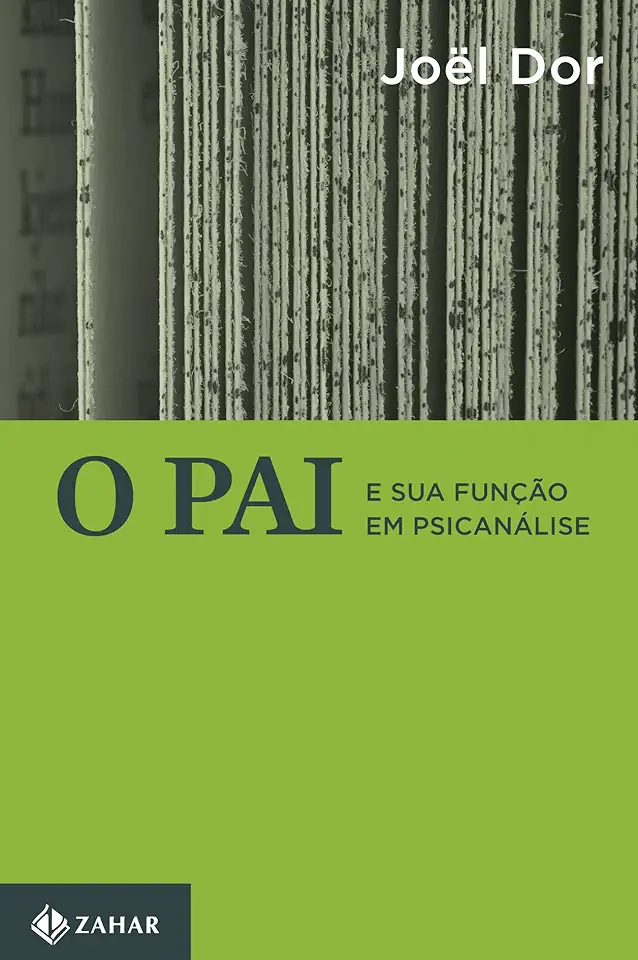
The Father and His Function in Psychoanalysis - Joel Dor
The Father and His Function in Psychoanalysis: A Comprehensive Summary
In his groundbreaking work, "The Father and His Function in Psychoanalysis," Joel Dor delves into the intricate relationship between fathers and their children, shedding light on the profound impact paternal figures have on the development of the human psyche. With meticulous research and compelling case studies, Dor argues that the father plays a crucial role in shaping a child's sense of self, their ability to form meaningful relationships, and their overall psychological well-being.
The Primordial Father: A Symbolic Figure of Authority
Dor begins by establishing the concept of the "primordial father," a symbolic figure who represents authority, law, and social order. He draws upon anthropological, sociological, and psychoanalytic theories to demonstrate how this paternal figure is deeply embedded in human culture and mythology. Through the lens of psychoanalysis, Dor argues that the father's symbolic presence is internalized by the child, forming the foundation of their superego, the moral compass that guides their behavior and decision-making.
The Father's Role in Oedipus Complex
Dor then explores the pivotal role of the father in the Oedipus complex, a central concept in Freudian psychoanalysis. He argues that the father's presence and authority are essential for the resolution of this complex, allowing the child to develop a healthy sense of identity and sexual orientation. Dor challenges traditional interpretations of the Oedipus complex, emphasizing the importance of the father's symbolic function rather than his physical presence.
Beyond the Biological Father: The Father as a Function
Expanding on his theory, Dor proposes that the father's function extends beyond the biological role. He argues that the father's presence, whether physical or symbolic, is crucial for the child's psychic development. Dor draws upon clinical case studies to illustrate how the absence or inadequacy of the father figure can lead to various psychological disorders and difficulties in forming intimate relationships.
The Father's Impact on Gender Identity and Sexual Orientation
Dor also examines the father's influence on gender identity and sexual orientation. He challenges traditional notions of masculinity and femininity, arguing that the father's role is not limited to shaping male identity. Through detailed case studies, Dor demonstrates how the father's presence or absence can impact the child's development of their gender identity and sexual orientation.
The Father in Contemporary Society: Challenges and Transformations
In the final section of the book, Dor explores the changing role of the father in contemporary society. He acknowledges the challenges posed by modern family structures and the increasing complexity of fatherhood. Dor emphasizes the need for a renewed understanding of the father's function, one that embraces diversity and acknowledges the evolving nature of fatherhood.
Conclusion: The Father's Enduring Significance
"The Father and His Function in Psychoanalysis" is a seminal work that offers a profound understanding of the father's role in human development. Joel Dor's comprehensive analysis, supported by extensive research and clinical evidence, challenges traditional notions of fatherhood and sheds light on the intricate dynamics of the father-child relationship. This book is a must-read for psychoanalysts, psychologists, and anyone interested in the profound impact of fathers on the human psyche.